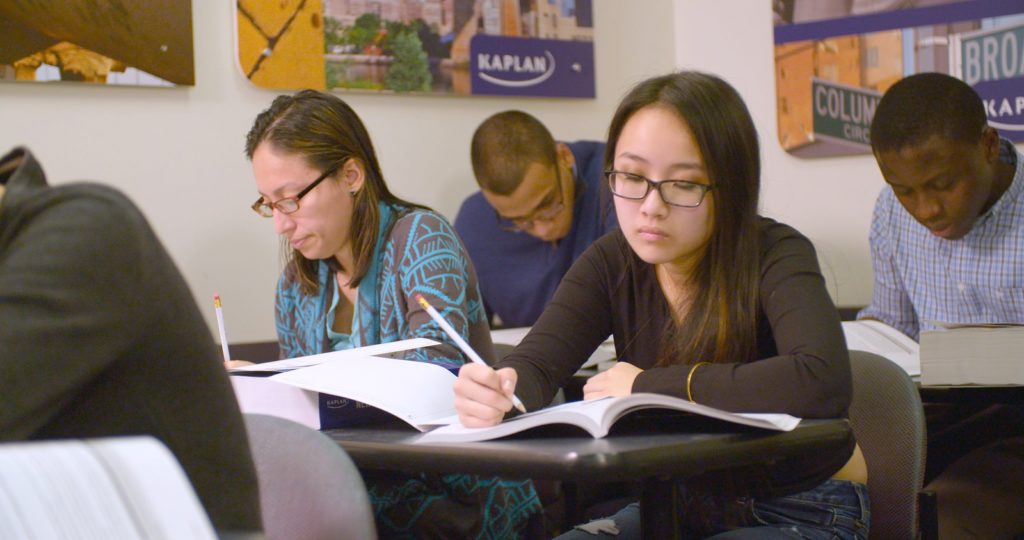
Here it is — true confessions time again. Do you remember about turning your mess into your message? Today I’m sharing some of my ‘mess’ as I zigzagged with my kids through the years of preparing for college. As always, it demonstrates that 1) I’m human, and 2) parenting is more about me than it is about my children. It’s amazing how wonderfully they turned out, in spite of all my craziness.
We know how stressful applying to college is for our kids. What about us? What kind of agony do we parents go through? Here are two stories from my experiences with my kids.
My daughter applied to one college. One. She had her heart set on one school and applied early decision. If she wasn’t accepted, then she would fill out applications for her second and third choices. It made me nuts! I’m the cautious one, and tend to want all the pieces and contingency plans in place, so it was difficult to keep my mouth shut. Fortunately she was accepted, so I could let go of that particular worry.
There’s another side to this story. I really do believe that you can get an education just about anywhere, if you put your mind to it. How much you learn and what you do with it is up to you. Whether it’s Montclair State or Princeton, SUNY or Harvard, once you earn your degree, most employers don’t really care where it came from. (Of course, there are exceptions. If you are going into fields such as medicine, law and engineering, for example, you’ll want to get into the ‘best’ school possible to optimize your chances for the next level of studies.)
 Sarah’s college has a great reputation and I was proud of her her acceptance to the place she thought was the right fit. That being said, when some of her friends’ parents talked about acceptances at Columbia, Penn State and the like, a piece of me was envious. I felt like a hypocrite. (This is an example of cognitive dissonance, the discomfort of holding two or more contradictory beliefs, ideas, or values at the same time.) Be honest. Haven’t you ever been pretty content with how things are going, and then seen someone with more, or different, or better, and wanted it for yourself? That faded away, too, but it was unpleasant when I went through it, and I kept it to myself.
Sarah’s college has a great reputation and I was proud of her her acceptance to the place she thought was the right fit. That being said, when some of her friends’ parents talked about acceptances at Columbia, Penn State and the like, a piece of me was envious. I felt like a hypocrite. (This is an example of cognitive dissonance, the discomfort of holding two or more contradictory beliefs, ideas, or values at the same time.) Be honest. Haven’t you ever been pretty content with how things are going, and then seen someone with more, or different, or better, and wanted it for yourself? That faded away, too, but it was unpleasant when I went through it, and I kept it to myself.
Our experience with our son was quite different. His high school years were turbulent and nerve-wracking, to say the least. By the end of his junior year he was failing multiple courses and we knew he was not on track to graduate. We sent him to Hyde School, a boarding school program of family-based character education. We chose Hyde because of the focus on character development both in and out of the classroom for him, and the rigorous parent program for us.
I will never forget our interview. (Yes, my husband and I were ‘applying’ as well.) When I expressed my despair about Josh ever getting into college, Mr. Felt said to me, “Mrs. Weis, you have much bigger problems than whether or not your son gets into college. Even if he had the grades to do it, you’d be throwing your money away. There’s no way he’s prepared to be successful in college.” It was true, and a stunning reality check for me. (Ultimately he did graduate from Hyde and from college — thank you, Hyde School! – but it certainly didn’t fit the vision, or follow the plan we’d originally had for him.)
 I have shared this story with many parents, and echoed that sentiment to them as well. College is not the be-all and end-all that we believe it is. Not every high school student is suited for college, or for a four-year college, or for college immediately after high school.
I have shared this story with many parents, and echoed that sentiment to them as well. College is not the be-all and end-all that we believe it is. Not every high school student is suited for college, or for a four-year college, or for college immediately after high school.
Look at all the time and energy we expend preparing, nudging, micromanaging and nagging our kids so they will be accepted into college. We can lose track of the emotional growth and life skills necessary to make it a successful experience. We ignore warning signs that they’re not ready because that would mean giving up the ideal image to which we cling.
With 40-60% of students taking five to six years to graduate college, or not graduating at all, we need to pause and rethink the process. Are our expectations realistic? Are we being fair to our kids? Course corrections may be necessary, along with attitude adjustments on all sides. The dream we start out with may not be what we end up with, but it usually ends up being just what everybody needs.
